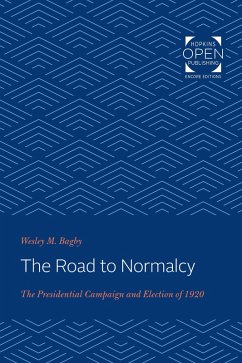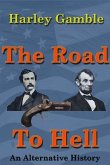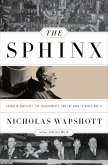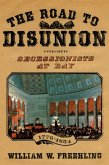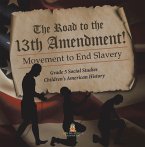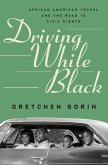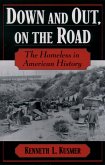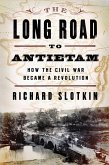Originally published in 1962. In The Road to Normalcy, Wesley M. Bagby explains how the election of 1920 contributed to momentous shifts in American politics by detailing why the major political parties abandoned sentiments that were widely accepted several years prior to the election. Prior to World War I, two significant streams of progressivism maintained center stage in American politics-the Progressive movement and the world peace movement. The war proved not to be prohibitively distracting for the Progressive movement, which carried on well into the war years. But the war also introduced new elements into American political life, such as the restriction of free speech, popular outbursts of intolerance and hatred encouraged by war propaganda, and a belief in the necessity and efficacy of violence. Many of these elements eroded the ideals undergirding the Progressive movement. The international peace movement reflected the spirit of idealistic internationalism that characterized the tenor of American foreign policy from the beginning to the end of the war. However, the election of 1920, the first presidential election after World War I, addressed the question of whether America would resume its progressive efforts at home and abroad following the war. The election ultimately stymied both political currents, proving to be an end for both the Progressive movement and the world peace movement.
Dieser Download kann aus rechtlichen Gründen nur mit Rechnungsadresse in A, B, BG, CY, CZ, D, DK, EW, E, FIN, F, GR, HR, H, IRL, I, LT, L, LR, M, NL, PL, P, R, S, SLO, SK ausgeliefert werden.

